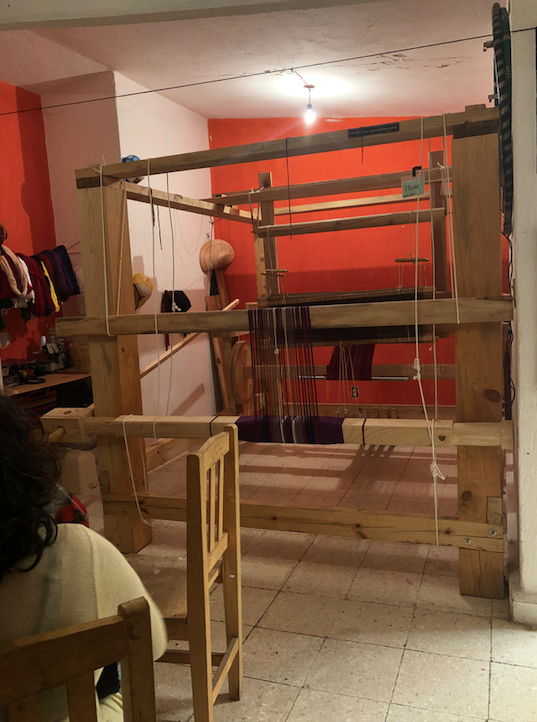
Vero's Story (and how you can help)
I write this as I finish up my last plate of enchiladas de mole in Tuxtla Gutiérrez, Mexico. Over the next two days, I will travel back to Alexandria, Virginia, and tomorrow afternoon I will get to snuggle my dogs and hug my husband. (Realistically, in that order.) I am nonetheless grateful for the lengthy travel alone because it will give me time to process my trip and everything I learned.
This begins by sharing Vero's story, with her permission of course. Meeting Vero (short for Veronica) was the reason I traveled to Chiapas on behalf of The Off Ramp. We discovered through a colleague of my mom's that a young woman in San Cristóbal de las Casas, a highland town in Chiapas, was striving to get her weaving business off the ground. That's what The Off Ramp is for! It prevents economic displacement by investing in and supporting qualifying people and small businesses. This project was especially interesting to Mom and me because once Vero's business is up and running, Threads can purchase fabric and finished goods from her and supply her first big orders. I left for Chiapas a week ago knowing only this and a few other things: Vero is gay, I would be staying at a seminary, and my goal was to explore the possibility of partnership.
I arrived in San Cristóbal late on Tuesday night. Wednesday afternoon, Vero and her two friends arrived at the Seminario Intercultural Mayense (SIM) to share their stories.

Vero is from an indigenous family. Her first language is not Spanish and her native culture is not Mexican. What I learned on this trip is that her indigenous identity made Vero much more vulnerable to struggle and discrimination. (Indigenous peoples in Mexico are often discriminated against both politically and personally.) She finished preparatory school (the equivalent of high school) and discovered she had nothing to do. There were no jobs where she lived, and she couldn't afford to attend university. At the time, her mom was a member of a women's weaving cooperative, and Vero asked her if she could pull some strings and find a place for her there, too. Vero had always been attracted to the loom, and felt it was her best (and perhaps only) option.
She moved to San Cristóbal to join the coop. The organization provided her with food and lodging during her nine months of training after which it employed her for another two and a half years. She thrived at the pedal loom, spurred by the nay-sayers who told her she was too small, too "female" to learn such a laborious and mathematically difficult trade. (Yes, working the pedal loom requires complicated calculations and great physical strength and coordination.) Vero says, "I love work. I love creating. I love the calculations, and combining the colors." At the time, she began to dream of owning her own loom and running her own business, so she took advantage of every opportunity to learn as much about the weaving trade as she could.
One day, a loom came available for a great deal. Vero and her friends, Miriam and America, jumped at the chance to purchase it, understanding it had the potential to be their ticket out of poverty. While all three of them were officially employed by the coop, one of them only received food and lodging and the others did not make enough to survive without struggle—a trend I discovered is rampant in this part of the world and others. Vero is by far the more experienced artisan of the three, but Miriam has strong administrative skills and America is learning to weave.Of course, none of them had the kind of money needed to purchase the loom, but a wealthier friend of Miriam's family agreed to loan it to them with interest.

It was only a few months later that Vero lost her job.
Within the coop, there was a well-known group of lesbians who were organizing for their rights. They called themselves the Chamanas. Vero is gay and participated in some of the programs and workshops the Chamanas provided but had not yet come out to her family (as she knew they would disapprove) and was not yet by her own admission fully comfortable with her sexual identity. As the Chamanas became increasingly visible and influential, a group of videographers traveled down from Mexico City in January to put together a piece about their work. Vero didn't want to be a bad sport and agreed to let them film her, but without her permission or previewing they published the video online, warping her story and making her look like a young, entrepreneurial spokesperson for the Chamanas. This not only upset Vero because it grossly misconstrued her "role" within the group but as the video began to circulate it also outed her to her indigenous community and forced her to come out to her parents. When I reminded her that if at any point she wanted me to keep a part of her story confidential to just let me know, she smiled sadly and said, "It's already out there whether I want it to be or not."

As all this was happening, she was trying to launch her small business. It took Vero, Miriam, and America a month, but they assembled the loom in Miriam's brother's home. The loom arrived completely dismantled and had many parts—it was a far more complicated apparatus than I thought it would be! (You can watch a video of Vero weaving here.) They were missing a few pieces, needed to adjust others and to sand everything down, and once they thought they had it all put together they realized they had set up the whole thing backwards! Once it was finally up and running, they published a Facebook page and posted videos of Vero's weaving. The coop would never pay them enough to make a living, and they knew the only way they were going to survive was to provide for themselves. The videos came to the coop's attention, and the leaders were furious. This resulted in a smear campaign against Vero. They spread rumors, told lies, and accused her of stealing their designs even when her weaving teacher at the coop vouched for their originality. She was branded a "traitor" and asked to leave.
She references this as a really terrible time in her life. At 27, she was without the support of her family, without a job, with a major debt, and without the money to jumpstart her business. She started to go back to church in an effort to find a safe place, but when the members of the church started questioning her sexual orientation, she decided to leave. They asked her why she always wore pants instead of skirts and dresses, and why she wasn't married. She left the church and cut off her long hair as a statement, an effort to own her identity, her life. Not long thereafter, she ran into one of the church members who told her that she was welcome to come back to church...once she had grown her hair back out.
Completely at a loss, now living in Miriam's brother's house, the three young women who had taken out the loan together decided they needed to make a move. They had received a few weaving orders, but not nearly enough to live and pay down their debt. They had heard there was work in the northern fields of Mexico. The pay was better than anything they could get in San Cristóbal, and they could start paying down the debt on the loom. They traveled north together where they spent 12 hours a day every day for four months cutting row after row of lettuce in the beating sun. To pass the time, they would compete against each other to see who could finish the most amount of rows in a day. America always won with six or seven. If they told me once, they told me ten times, "We've never worked that hard. It was very, very difficult."

The three young women had only just returned from their work in the fields the morning of our meeting, their exhaustion and distress apparent. They still owed 10,000 pesos (about $500) on their loan, and they were still paying rent to Miriam's brother for the loom. To launch their business successfully, they needed another $1,000 worth of additional tools and attachments to make the most of the loom, and $700 in supplies. And without any other ideas as to how to make money, they had agreed on their trip back home that all three would return to the North to work for another four months as soon as they could, despite the hardship.
When I asked them what their end goal is, they told me they want to build a business that will support them but that will also support many other women. They envision buying land where women will be safe and can lean on each other. As members of the coop, they understood that its leaders said all the right things but fell short in their actions. The women who worked for the coop were not paid fairly, and corruption and nepotism were rampant. The coop's leaders allegedly supported indigenous women, but forbade them from speaking their native tongues or teaching it to others. Vero, Miriam, and America want to create a business that lets women be who they are and make better lives for themselves. In addition to the provision of jobs, they want to help other women continue their studies, an opportunity none of them have had—Miriam did not finish high school, Vero could not afford college, and America had to drop out of university.
When I told them that at the very least we could help them pay off the remaining $500 debt on the loom, all three young women started to cry. I felt physically their burden of owing what seemed to them such an insurmountable sum. I told them they were no longer alone, and we all cried some more. Finally, I told them what I believe was most important, that I did not know about the god of the church Vero attended, but that the God I know loves all three of them exactly as they are and is so very proud of what they are doing and have already accomplished.

The next day, I traveled to Miriam's brother's home to see the loom for myself and to get a sense of the work Vero can do. We talked colors and fabrics and shipping. We talked numbers and next steps. We still have some details to figure out, and the coordinator of SIM is going to help these young women stay on target and make responsible decisions.
Vero's story both broke my heart and filled it with hope. The suffering and hatred in the world loom large, and more often than not it paralyzes me. But this trip has presented me, all of us, with a way to help. Yes, it is small, but it is also greater than we could possibly imagine. If we do not help when given the chance, we become accomplices to the suffering. I am leaving Chiapas convicted that there are infinite ways to help if we just keep asking. Now that we have an answer, let's move!
You can donate funds to pay off Vero's debt on the loom and jumpstart her business by giving to The Off Ramp here. When you do so, please designate the project as "Vero's Loom" so we know where to direct the funds. We will update you on the progress we have made in the next few days, and we thank you in advance for your generosity.


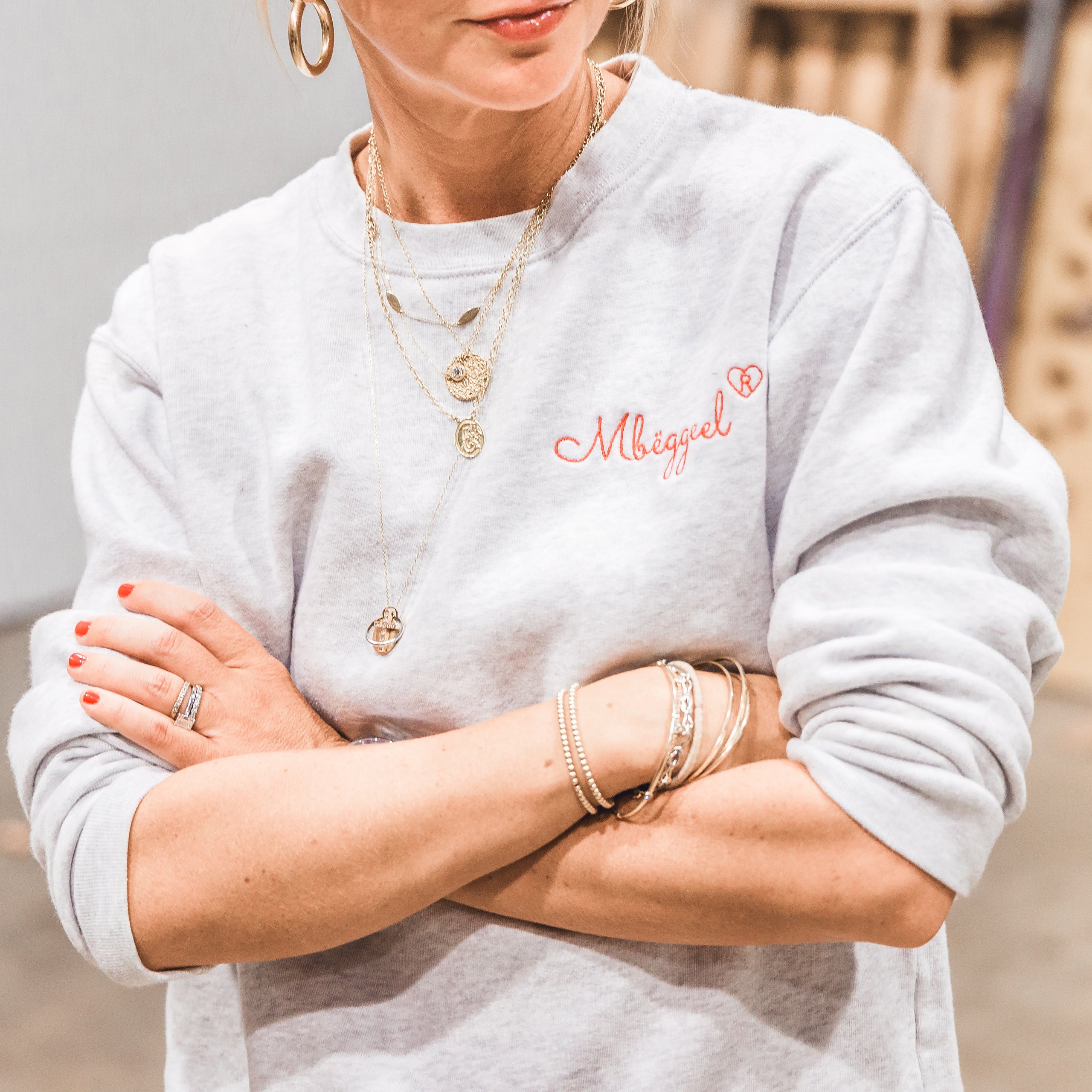

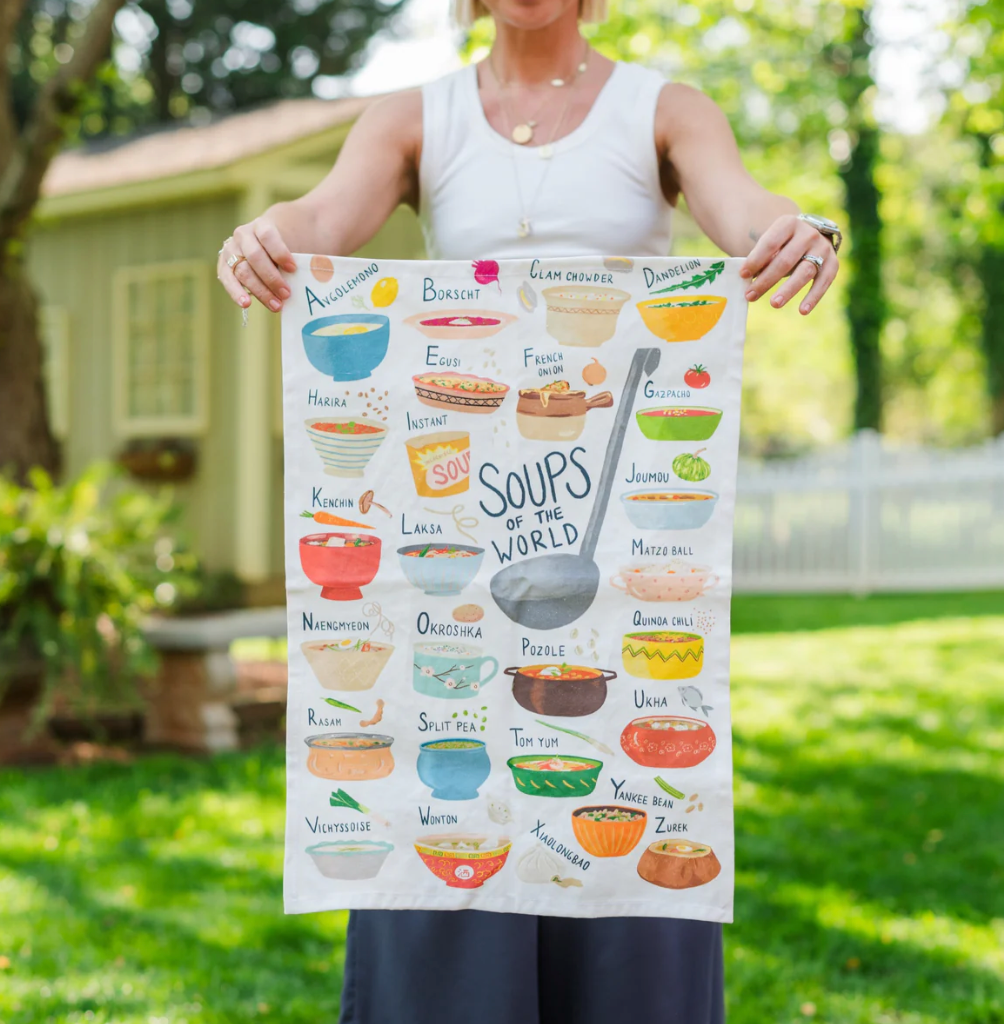
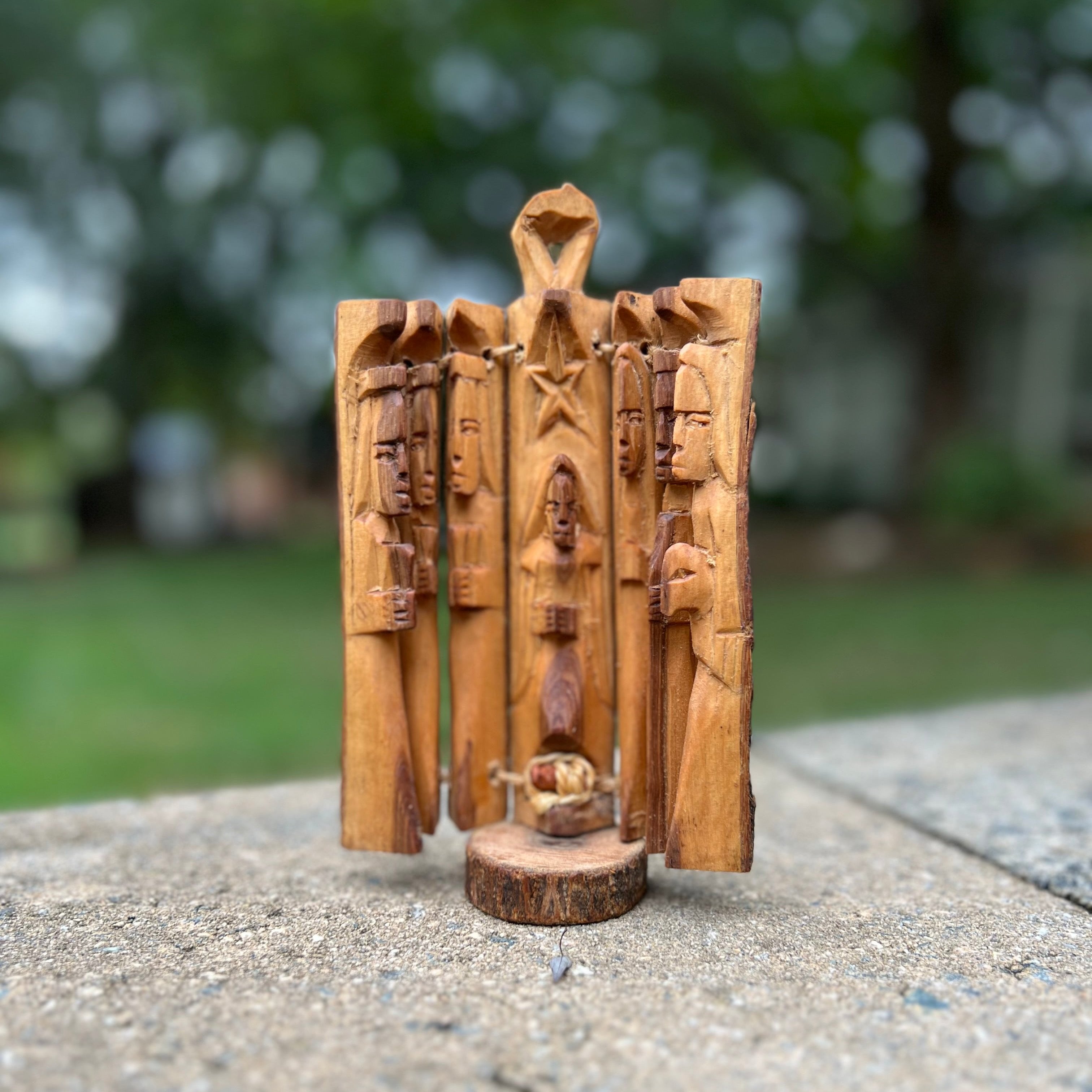

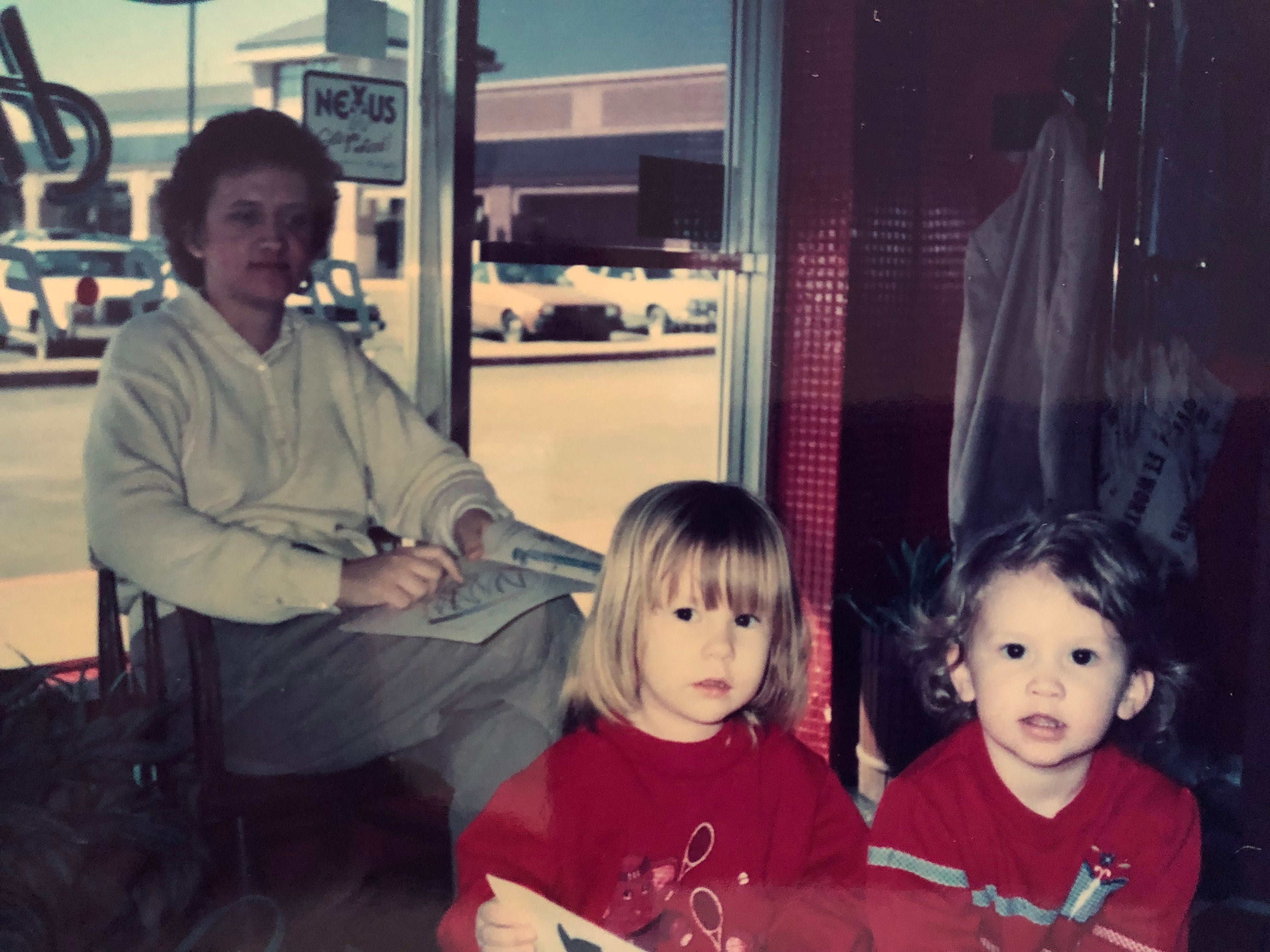
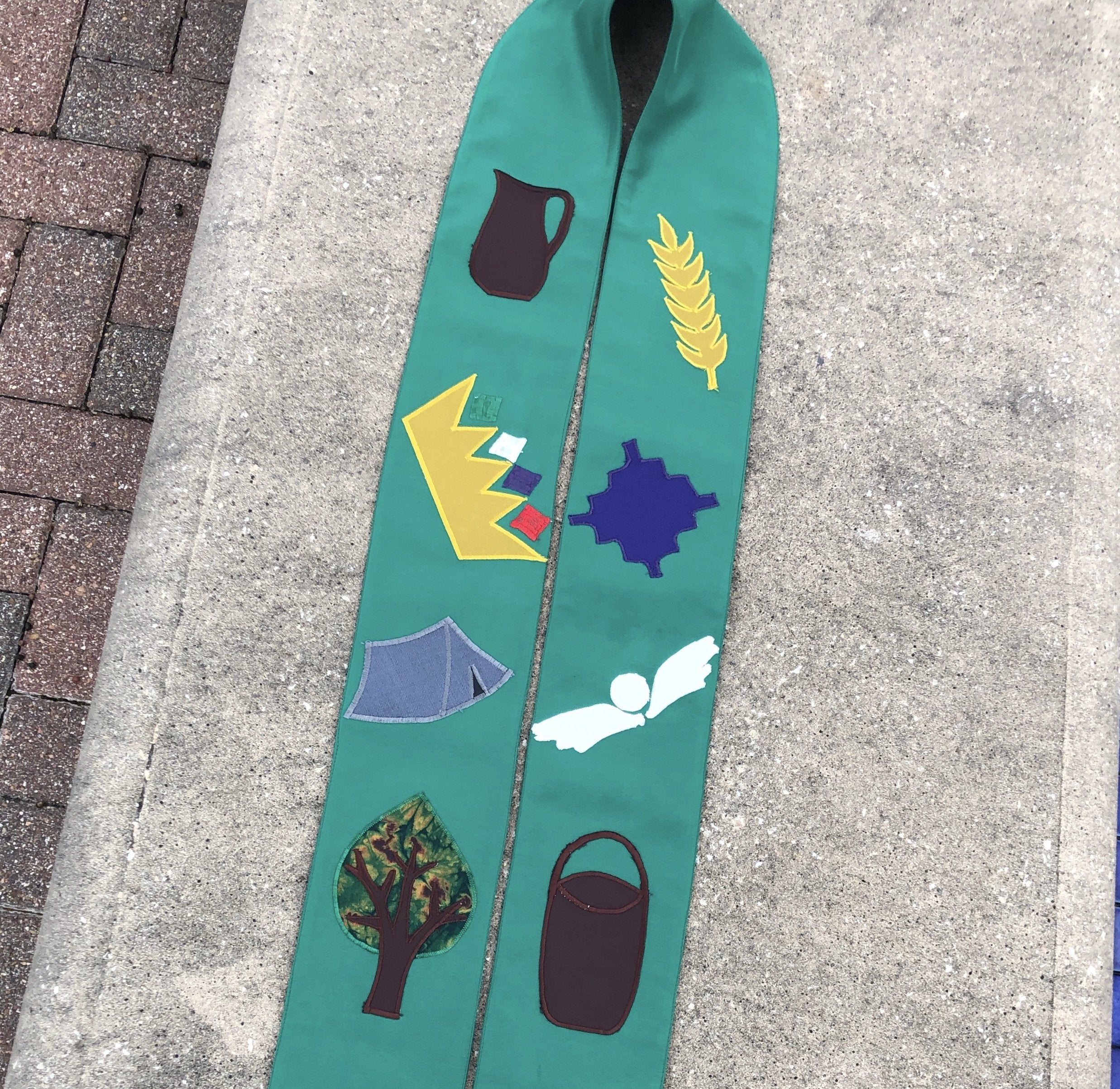
Leave a comment
This site is protected by hCaptcha and the hCaptcha Privacy Policy and Terms of Service apply.